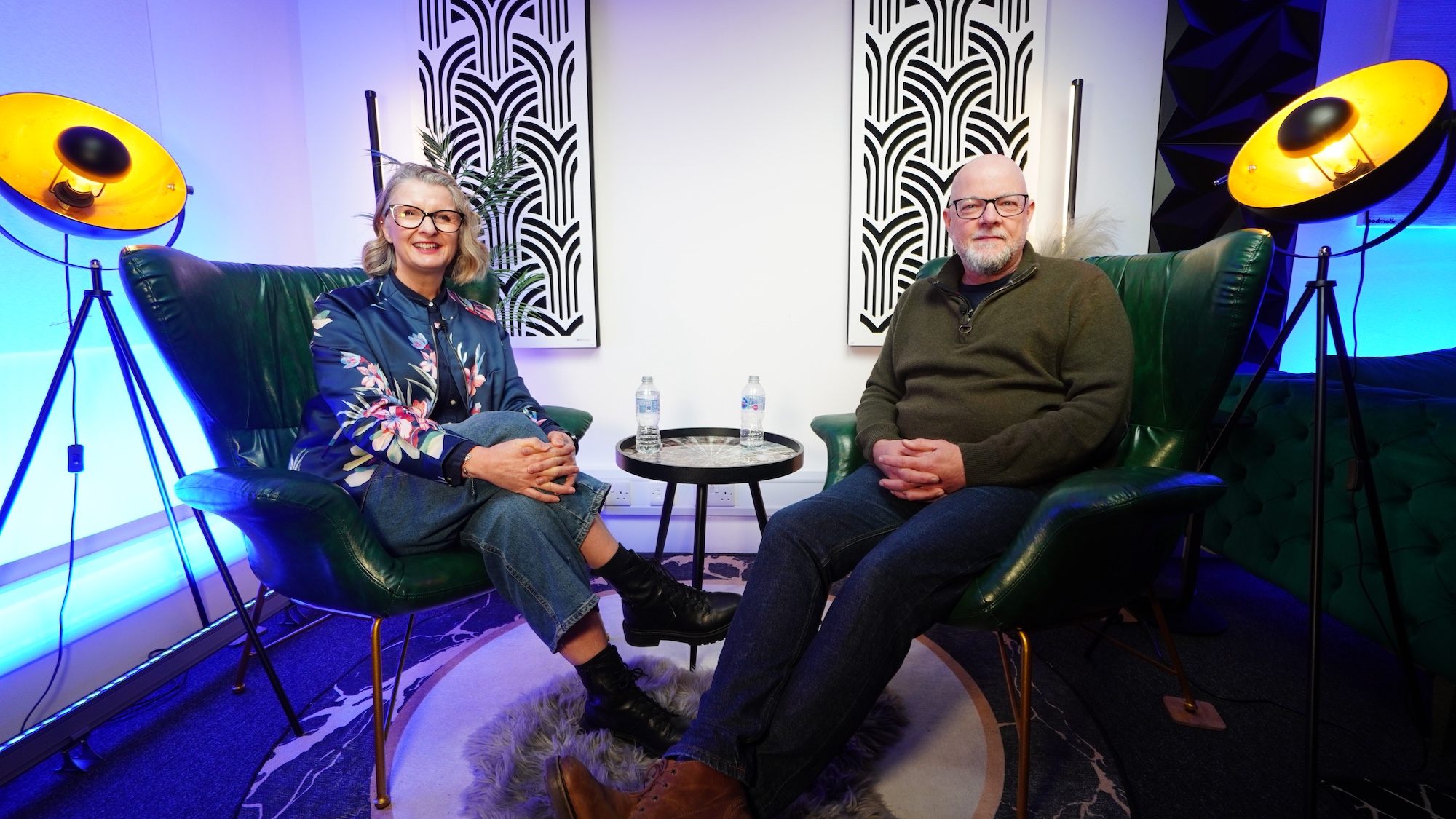
Keeping Up with the Techies
by Ed Reid
One of the things that has really struck me since I started writing the blog fortnightly – as opposed to the original weekly – is just how much happens in 14 days. Threatened food shortages, virtually at war with France over the submarine deal, the energy crisis, not much chance of a trade deal with the US and Rishi Sunak making his latest bid to get the numbers to add up on October 27th…
Let me – he said, grasping at something to cling on to – pick up one of the points I made two weeks ago:
SMEs with young business owners saw stronger performance in the pandemic.
In 2020 companies run by decision makers aged between 55 and 64 saw turnover reduce by 29%. Companies run by 45 to 54 year olds didn’t fare much better. SMEs run by people between 25 and 34 saw turnover fall by just 12%. But for companies run by 18 to 24 year olds the drop in turnover was just 7%.
‘The report found that younger entrepreneurs have brought out new services and products, listened to the needs of local clients and been faster to deploy digital solutions.’
In the week when I read another article about China leading the way with 6G, that last point seems ever more important.
Weekly or fortnightly, the rapid pace of change – and business owners’ need to keep up with it – has been a perennial theme of this blog. Now we have change coming at us from both sides: the rapid changes in technology and the sudden, Covid-inspired, shift in what the people that you employ want from their work and their lives.
A recent article in City AM made a good point on the technological changes. We cannot afford to see the changes in areas like robotics and AI simply as the preserve of the ‘techies’ and the companies they work for. As the article says, ‘these changes should be on everyone’s radar, not just the world’s technologists.’
Let me give you on very simple example. According to a recent report by McKinsey, 45% of jobs that people do can be automated by technology that is currently available. Doing that would save around $2tn of wages in the US alone.
…And let me give you a comparator. $2tn is – according to Siri - £1.46tn. Taking figures from the FSB website, in 2020 small businesses (with up to 49 employees) had a total turnover of £1.6tn and employed 13.3m people.
Now I freely admit that in comparing ‘wages that could be saved in the US’ with ‘total turnover of small businesses in the UK’ I’m not so much comparing apples with apples as apples with aardvarks. But the two numbers are within 10% of each other, and it bears repeating. Current technology – so forget the advances that say, 6G will bring – could save wages equivalent to the total turnover of every small business in the UK.
What does that mean? I think it means three things. First of all education – keeping up to speed with the latest developments – has to be part of your job. That doesn’t mean you need to understand robotics and AI: it does mean you need to understand the impact they might have on your business and the sector you work in.
Secondly, you need to involve everyone. In August I warned about the dangers of the Echo Chamber – especially the generational echo chamber:
A key part of that will be talking to people from different generations. The people we feel most comfortable with are – by definition – people of our own age.
The importance of talking to younger people – yes, even the ones that live with you and have just cleared out the fridge – as you seek to understand the latest developments and trends cannot be overstated.
Lastly, you need to act quickly as technology changes and – providing it doesn’t cost too much – be prepared to make mistakes. More than ever, ‘ready – fire – aim’ is the mantra, not the more traditional one.
Let me now step back, and look at another of this week’s stories.
A new rule is coming into force this week, which will allow every member of your team to ask to work from home from their very first day: previously employees had to accrue 26 weeks before they could make such a request.
The move is aimed at helping women, disabled people and carers to balance work and life commitments – and I can absolutely see that. What I can also see is a lot of people getting a job and deciding that… well, it’s dark and cold out there and maybe I’ll work from home today. And tomorrow…
I believe passionately in people learning from each other. I believe in mentoring. And I think there’s a real danger that WFH is going to be seen as the default option in a lot of jobs. I worry that it will cost British industry a huge amount of knowledge, experience and what I can only term business common-sense.
How much did I learn from older, wiser heads saying, ‘You’re going to see Charlie are you, Ed? Here’s how you need to deal with him…’ More than I can ever quantify.
This is what I meant when I talked about business owners and entrepreneurs having change coming at them from both sides. You’re wrestling with the latest tech advance when suddenly you think, ‘Didn’t we hire someone new last week? Where is he? I need to talk to him…’
As the bumpy road to recovery continues these are uniquely challenging times. And yet people continue to start new businesses and to expand existing ones. That’s why I’m so proud of everyone in the TAB UK community. That’s why it’s a privilege to go to work every day…
Related articles

Kindness in Leadership: The Competitive Advantage Most Businesses Miss
Discover why kindness in leadership drives performance, trust and culture. TABcast insights on psychological safety, coaching and values-led growth.

How Strategic Alignment Workshops Drive Real Execution
Many strategy workshops create alignment in the room — but little action after. Learn how structured strategic alignment drives execution.

Why Accountability Breaks Down as Businesses Grow (And How to Fix It)
As businesses grow, accountability often slips. Learn why it happens and how leaders restore clarity, ownership, and execution.


